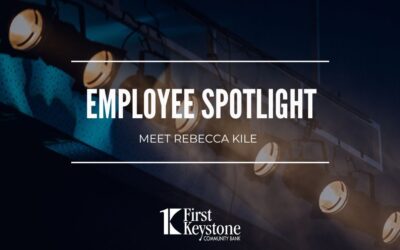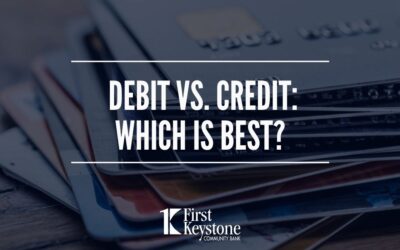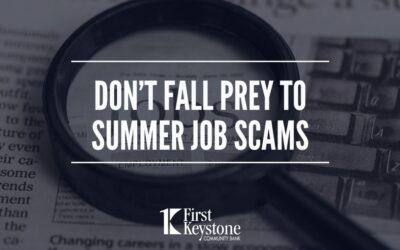As an adult, you learn very quickly, the importance of your credit score. In order to build and maintain a good credit score, you need to know what makes up a credit score and what kind of things can impact it, both positively and negatively. Bottom line, it’s one of the most important numbers in your financial picture.
Your credit score is most often produced by a company called FICO and you may even hear your credit score referred to as your “FICO score.” That score is available to the three major credit reporting agencies – Experian, Trans Union, and Equifax, and they in turn, provide it to lenders when they receive a request for credit from a consumer like you.
Simply put, a credit score is a numerical ranking of your creditworthiness. It can range from 300-850, with your goal being at the higher end of the scale. Lenders will obtain your credit score in order to assess the amount of risk involved with lending money to you. The lower your score, the higher the risk for a creditor to extend credit, such as a car loan, credit card, or other type of loan. While the general principle remains the same, each lender will have their own set of criteria for determining a consumer’s creditworthiness and what score they are looking for.
So, what makes up a credit score?
There are five unique factors that affect your credit score: your payment history, your current debts, length of credit history, types of debts, and recent activity. Each of these categories is given a different weight in how it affects your score. The highest weighted category is your payment history and the lowest weighted category is your recent credit activity. Let’s take a closer look at these important categories.
Payment History
FICO will take into consideration if you pay your bills on time, if you are making the minimum payment due, if your debts have been unpaid and sent to a collection agency, or if you have filed bankruptcy. To ensure this factor reflects positively on your score, make sure you are making at least the minimum payment before the due date for each of your debts. You can utilize FKCB’s Online Banking and Bill Pay to avoid missing or being late on a payment.
Current Debt
This factor considers how much total debt you have. Do you carry balances on your credit cards at all times? What portion of your credit limit is in use? If all of your credit cards and loans are maxed out, your credit score will be lower than someone who just carries a small balance on their credit lines.
Length of Credit History
It usually takes at least 6 months before a debt can affect your credit score. This factor will account for the age of your credit accounts and loans. It’s important to remember that longer relationships usually reflect a better score.
Types of Debt
In developing your credit score, FICO will consider the types of debt you possess, either installment or revolving. Installment debt, such as a mortgage or personal loan, is payable in full on a specific date, usually by making equal monthly payments. Revolving debt, on the other hand, provides access to a line of credit allowing you to re-borrow funds after they have been paid back. Once you pay back money towards the line, you are able to borrow it again. Examples of revolving debt include credit cards and a home equity line of credit. Having a good mix of these two types of credit is optimal.
Recent Credit Activity
Something that doesn’t look good on your report is too many credit inquiries. If you open 4 credit cards within a short timeframe it looks like you are desperate for money and you can significantly hurt your score. Your current activity and payments will factor into the snapshot of your current ability to pay back debt.
Now that we have covered what makes up a credit score, let’s talk about monitoring your credit. Every consumer may obtain one free credit report per year from the three credit reporting agencies. The ONLY place to get a FREE credit report is AnnualCreditReport.com. (Each of the credit reporting agencies may offer to include your current credit score, but there may be an additional fee.) Once you receive your credit report, look it over carefully for anything that may indicate identity theft. If you discover loans or credit cards on your report that you did not open, you may be the victim of identity theft. Contact the three credit bureaus to request either a fraud alert or a fraud freeze on your report.
And keep in mind – First Keystone Community Bank is here for you every step of the way. If you have any questions or would like to talk to a lender or fraud analyst, feel free to contact your local branch. We are Your Community Bank.




